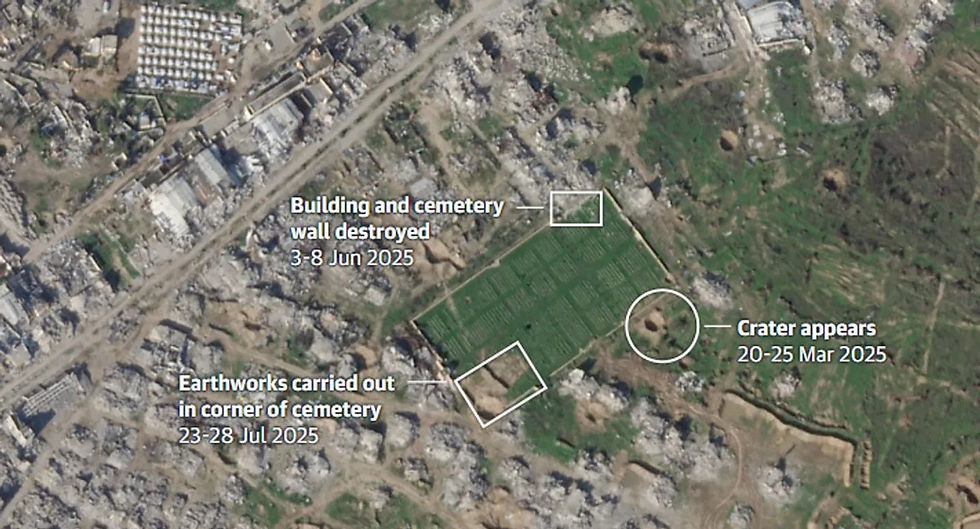Major Displacement Wave from Sweida to Daraa: Escalating Humanitarian Challenges in Southern Syria
- Next News
- Jul 22, 2025
- 2 min read
A government official in Daraa Governorate has revealed a massive displacement of families from the neighboring Sweida Governorate, confirming that over 3,500 families of Bedouins and Druze have fled their homes in Sweida to Daraa Governorate in southern Syria. This extensive displacement highlights the deteriorating security situation and the escalating humanitarian challenges in the region.

In a statement to Anadolu Agency, Hussein Al-Nusairat, a member of the Executive Bureau for Social Affairs, Labor, Emergencies, and International Cooperation in Daraa Governorate, explained that the displacement process from Sweida Governorate to the eastern countryside of Daraa is ongoing. Al-Nusairat attributed this continuous wave of displacement to growing security concerns that compel residents to seek safe refuge. He stated: "We have received over 3,500 families so far. More than 200 new migrant families arrived in Daraa this morning." This large influx of families places immense pressure on Daraa's limited resources.
Among those displaced to Daraa, according to Al-Nusairat, are families belonging to Bedouin tribes and the Druze community, in addition to residents of other governorates who had been residing in Sweida. This diverse composition of displaced persons reflects the widespread impact of the security situation. Al-Nusairat noted that the majority of the displaced have been accommodated in 30 temporary centers, mostly in abandoned schools that have been prepared to receive them. He pointed out that some families sought refuge with relatives, while others were forced to set up tents in open areas around the city, bringing their livestock with them, which underscores the harsh conditions they face.
Relief Efforts and Future Challenges
Al-Nusairat discussed the humanitarian relief efforts underway, emphasizing that the host community in Daraa has been at the forefront of these efforts. He added: "From the very first moment, local residents mobilized their efforts to meet basic needs, and then local and international humanitarian organizations joined the operation." He clarified that relief aid continues in coordination with the Daraa Governorate Emergency Committee, the Civil Defense, the Red Crescent, and other relief organizations. This cooperation highlights the importance of solidarity between official bodies and civil society in addressing humanitarian crises.
Anticipated New Wave of Displacement
Regarding the future, Al-Nusairat confirmed that forecasts indicate that more families may be forced to leave their homes in Sweida. He added: "We expect the displacement of at least 2,000 more families with the opening of safe humanitarian corridors, so we are preparing new shelters in different areas." This proactive preparation indicates the scale of the anticipated crisis.
Al-Nusairat noted that the duration of the displaced families' stay in Daraa remains unclear, stating: "We hope that security and stability will return to Sweida under state supervision, but many families have lost their homes or their homes need renovation, so the return of some families may take time." This complex situation poses significant challenges for relief and rehabilitation efforts and necessitates long-term plans to address the repercussions of this displacement.









Comments